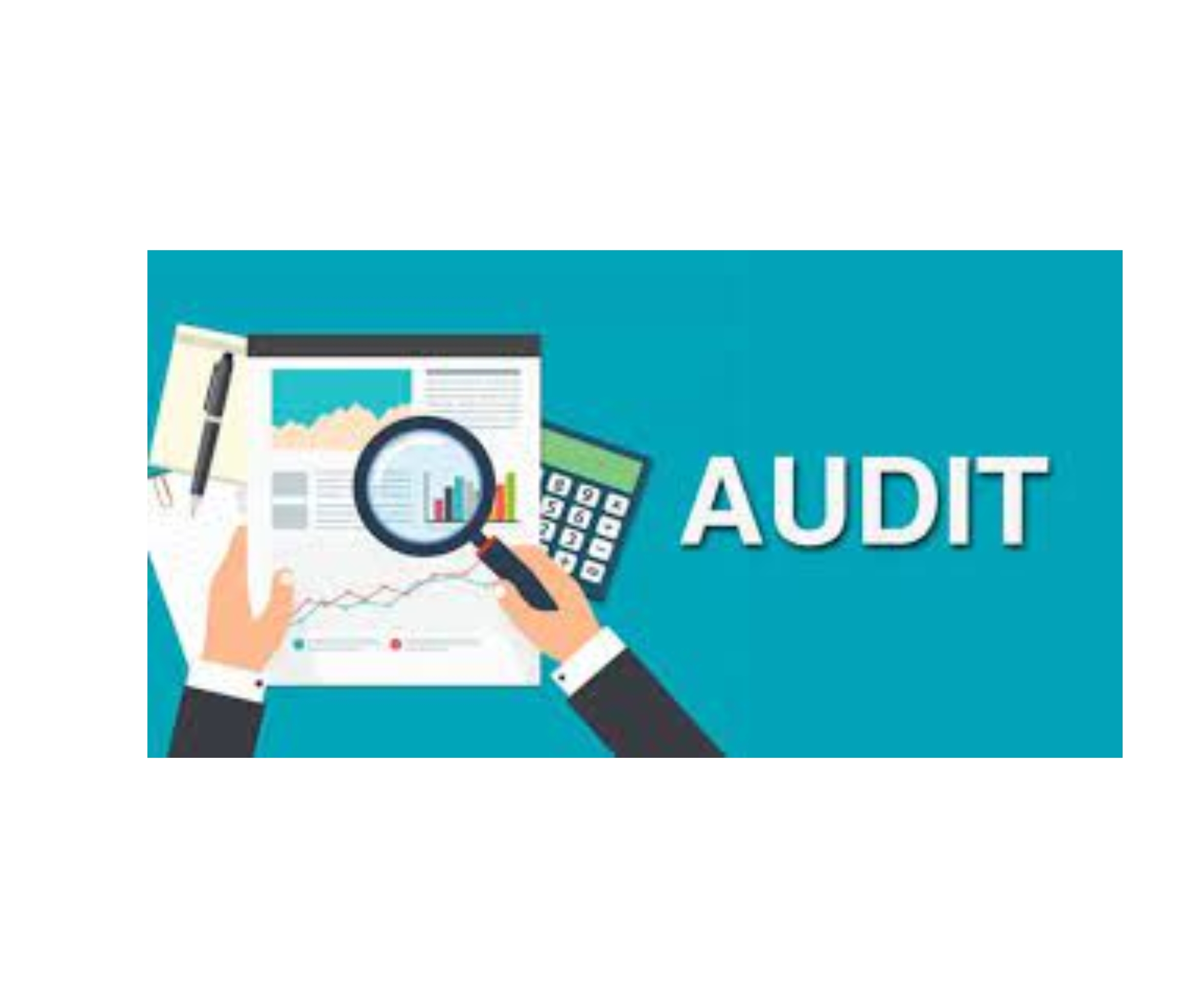
Audit Quality Assurance

Here are some key steps involved in conducting audit quality assurance:
Establish Quality Control Policies and Procedures:
Audit firms should have well-defined quality control policies and procedures in place. These policies outline the firm’s commitment to quality, the responsibilities of personnel, and the processes for planning, executing, and reviewing audits. They should be based on relevant auditing standards and regulatory requirements.
Competent and Independent Audit Team:
The audit team should consist of competent and qualified professionals with the necessary skills and knowledge. They should adhere to professional standards and ethics, including independence, objectivity, and professional skepticism. Ongoing training and development programs should be provided to enhance the team’s competencies.
Risk-Based Audit Approach:
Audit firms employ a risk-based audit approach, which involves identifying and assessing the risks of material misstatement in the financial statements. This approach allows auditors to focus their efforts on areas with higher inherent risks, ensuring a more effective and efficient audit process.
Adequate Planning and Documentation:
Adequate planning is essential to ensure that the audit is properly scope, resources are allocate appropriately, and key risks are identify. Detailed audit documentation should be maintain, including the audit plan, workpapers, and supporting evidence. Documentation provides a clear trail of the audit procedures performed, conclusions reached, and any significant findings or issues identified.
Effective Communication and Supervision:
Communication is crucial in ensuring audit quality. Regular and open communication should be maintained among audit team members, management, and those charged with governance. Supervision and review processes should be in place to ensure that the audit work is properly executed, documented, and reviewed by experienced professionals.
Quality Reviews and Monitoring:
Audit firms should conduct internal quality reviews and monitoring to evaluate the effectiveness of their audit processes and adherence to quality control policies. These reviews may be conduct by independent teams or external reviewers to provide an objective assessment of the firm’s compliance with standards and best practices.
External Oversight and Peer Review:
External oversight bodies, such as regulatory authorities or professional accounting bodies, often perform inspections and peer reviews of audit firms. These reviews assess the quality of audits conducted by the firm and provide feedback on areas for improvement.
Continuous Improvement:
Audit firms should have a culture of continuous improvement, promoting learning from past experiences and implementing corrective actions as necessary. Feedback from clients, regulators, and other stakeholders should be consider to enhance audit quality.
By implementing these measures and maintaining a strong commitment to quality, audit firms can strive to ensure effective and reliable audit services that meet the expectations of clients, stakeholders, and regulatory authorities.
FAQs:
- What is Audit Quality Assurance (AQA)?
- Audit Quality Assurance ensures that audit processes and reports meet professional standards and regulatory requirements, delivering reliable results.
- Why is AQA important?
- AQA enhances the credibility of audit findings, promotes accuracy, and helps maintain compliance with regulatory standards.
- Who is responsible for AQA?
- The audit firm’s quality control team or independent reviewers are typically responsible for conducting AQA.
- What are the key components of AQA?
- Key components include auditor independence, thorough documentation, adherence to audit standards, and regular reviews.
- How does AQA benefit clients?
- It ensures that audits are conducted with integrity, reducing the risk of errors, misstatements, or compliance issues.
- What are some common AQA techniques?
- Peer reviews, internal inspections, compliance checks, and continuous professional development of auditors are common techniques.
- What role does technology play in AQA?
- Technology aids in automating data analysis, ensuring consistency, reducing human errors, and increasing efficiency.
- How are AQA findings address?
- Identified issues are corrected through improve processes, further training, or adjustments in audit methodologies.
- What is the difference between AQA and audit quality control?
- Audit quality control is a broader framework for overall audit standards, while AQA specifically evaluates the quality of audit execution and results.
- How often is AQA conduct?
- AQA may be conduct periodically during the audit process, after completion, or on a routine basis, depending on firm policies and regulations.
To visit: https://www.mca.gov.in/
For further details visit:В https://vibrantfinserv.com/
Contact:В В В В 8130555124, 8130045124
Whatsapp:В В https://wa.me/918130555124
Mail ID:В В В В В В operations@vibrantfinserv.com
Web Link:В В В https://vibrantfinserv.com
FB Link:В В В В В В https://fb.me/vibrantfinserv
Insta Link:В В https://www.instagram.com/vibrantfinserv2/
Twitter:В В В В В В https://twitter.com/VibrantFinserv
LinkedIn:В В В https://www.linkedin.com/in/vibrant-finserv-62566a259/
